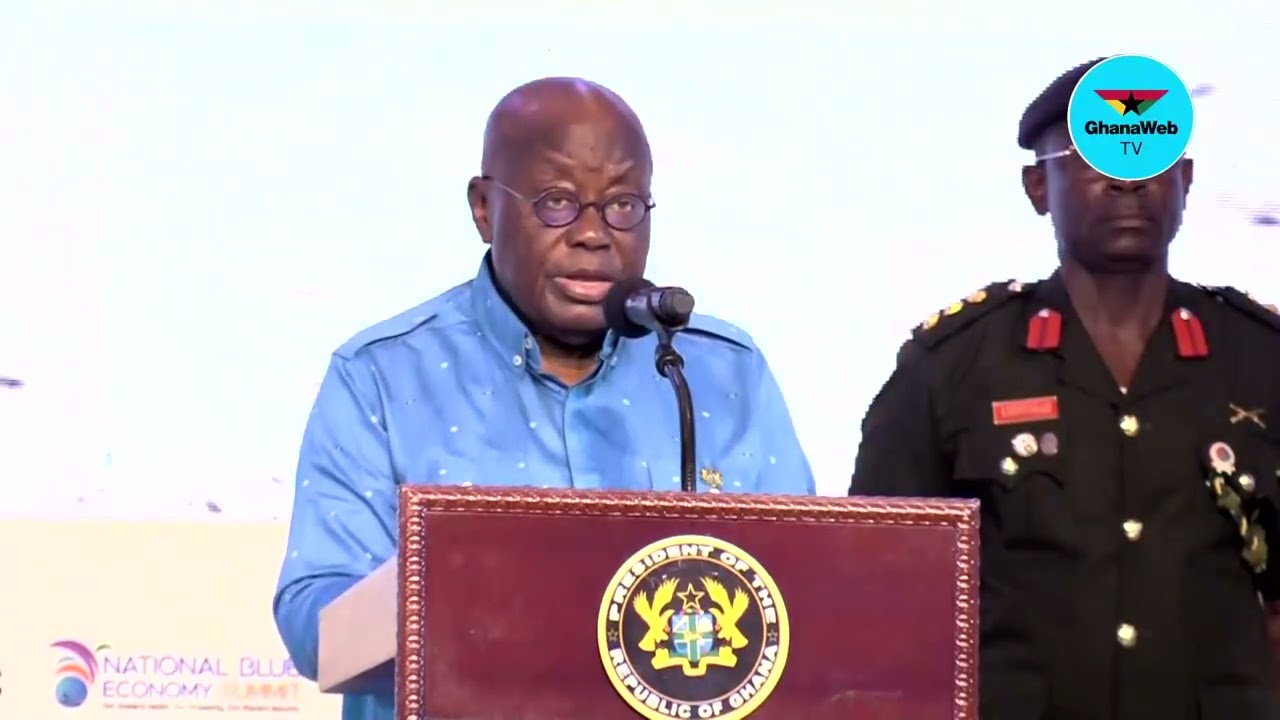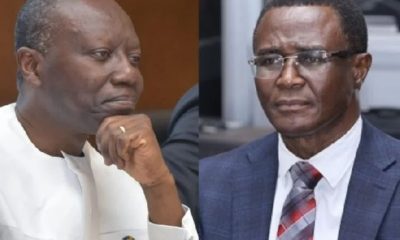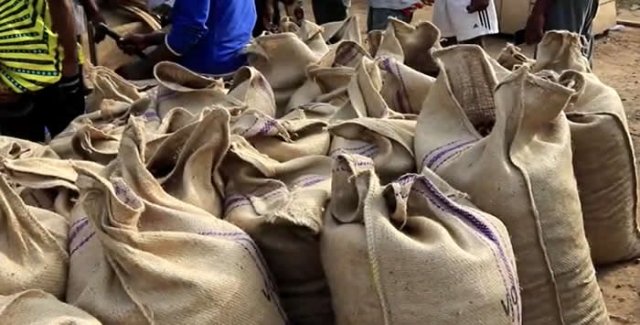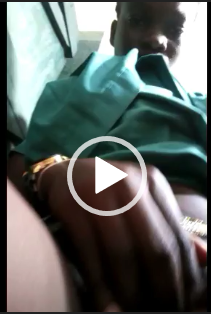Agriculture
GRA auctioning COCOBOD’s chemicals, fertilizers, others over GH¢3.9 billion duty dispute
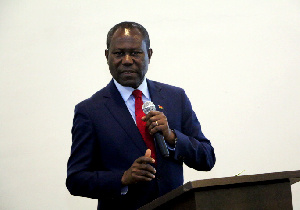
This development, could have profound implications for the upcoming cocoa season, as the agrochemicals, fertilizers, and implements are vital for disease control, pest management, and overall yield enhancement in cocoa farming.
The supply contracts, which were Cost, Insurance, and Freight (CIF) to Tema, saw COCOBOD, unable to fulfill payment obligations to suppliers, leading to the abandonment of goods and subsequent auction by Customs. The exorbitant duty demanded by GRA, has rendered the goods unaffordable for both suppliers and COCOBOD.
These uncleared goods, including agrochemicals, fertilizers, and implements, are crucial for disease control, pest management, and overall yield enhancement in cocoa farming.
With the products stuck at the port, concerns are rising about the potential impact on agronomic practices, resulting in low cocoa yields and reduced revenue for the Ghanaian economy.
The predicament was first reported by The Herald in July 2023 government’s withdrawal of tax exemptions, demanding that COCOBOD pay import duty on all its imports into the country.
Consequently, the board struggled to fulfill its payment obligations to suppliers, leading to the abandonment of goods, including 73 containers of agro products, at the port of Tema.
The GRA’s exorbitant duty demands, have rendered these products unaffordable, pushing COCOBOD into a dire financial situation.
The auction of these critical inputs raises concerns about the potential impact on agronomic practices, with fears of low cocoa yields and reduced revenue for the Ghanaian economy.
Efforts by COCOBOD’s management to reverse the tax exemption withdrawal, have allegedly been acknowledged by the Ghanaian Parliament. However, the timeline for implementation remains uncertain, leaving the fate of the auctioned goods hanging in the balance.
In a bid to address financial challenges, COCOBOD, recently extended an invitation to holders of its short-term debt securities to exchange them for longer-term debt securities.
The restructuring effort indicates the institution’s broader financial struggles.
The International Monetary Fund (IMF) is reportedly supporting economic reform programs by the Akufo-Addo government to address COCOBOD’s losses. The successful implementation of these programmes is crucial for the disbursement of the $3 billion IMF bailout, with the first installment of about $600 million already received.
Amid the financial turmoil, COCOBOD, through Calbank, announced the launch of a debt securities exchange programme. This programme invites holders of short-term debt securities (Cocoa Bills) to exchange them for longer-term debt securities (Bonds). The reasons for this exchange programme were outlined in a letter from the chief executive of COCOBOD dated July 11, 2023.
COCOBOD’s financial challenges extend beyond the duty dispute, with reports indicating over-staffing and difficulties in paying for services rendered. The board has been under scrutiny since its move under the Ministry of Food and Agriculture in 2017, repeatedly making losses with a debt burden reaching around GH¢16 billion.
As stakeholders closely monitor these developments, the Finance Minister, Ken Ofori-Atta, recently announced a programme to restructure COCOBOD’s debt.
The unfolding situation, highlights the delicate balance required to ensure the stability of Ghana’s crucial cocoa sector. Stakeholders are advised to carefully review the Exchange Programme documents for further details and seek professional advice before making investment decisions.
Source: therealdghana.com
-

 Lifestyle4 weeks ago
Lifestyle4 weeks agoRoad Safety Authority narrates how buttocks causes road accident
-

 GENERAL NEWS1 month ago
GENERAL NEWS1 month agoWhy 15 police officers stormed Owusu Bempah’s church – Kumchacha narrates
-

 GENERAL NEWS4 weeks ago
GENERAL NEWS4 weeks agoWatch how Ibrahim Mahama rode Honda superbike to pay last respects to late friend
-

 GENERAL NEWS1 month ago
GENERAL NEWS1 month agoHow Offinso residents storm destooled queen mother’s house, demand for new chief
-

 South Africa News1 month ago
South Africa News1 month agoWoman thrown out of a speeding taxi while on her way to work
-

 GENERAL NEWS2 weeks ago
GENERAL NEWS2 weeks agoDeadly clash between youth and navy personnel results in two deaths at Tema Manhean
-

 SHOWBIZ KONKONSAH2 weeks ago
SHOWBIZ KONKONSAH2 weeks agoJunior Pope’s Death: Video of John Dumelo refusing to join canoe for movie shoot over safety concerns resurfaces
-

 News Africa2 months ago
News Africa2 months ago‘Satanically dubious’ – SCOAN releases statement on BBC’s report about TB Joshua, church

